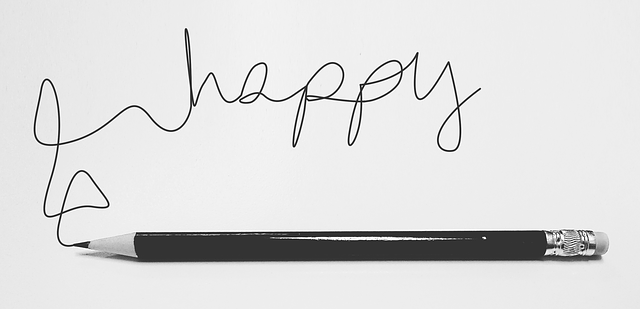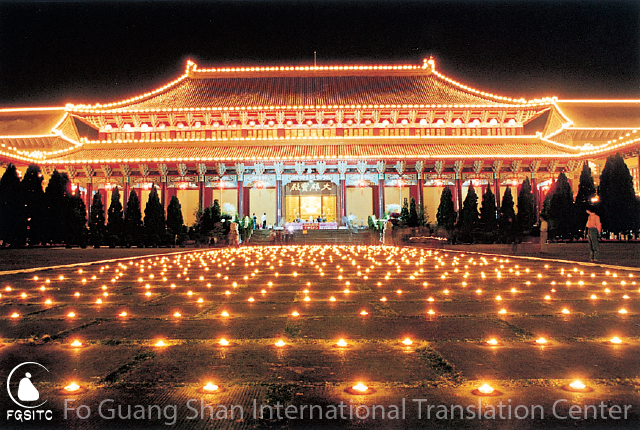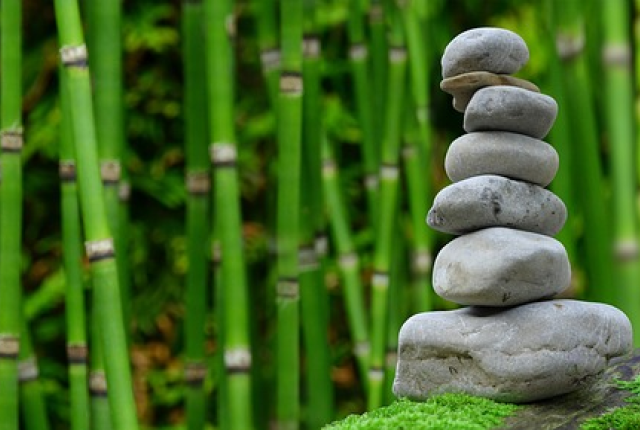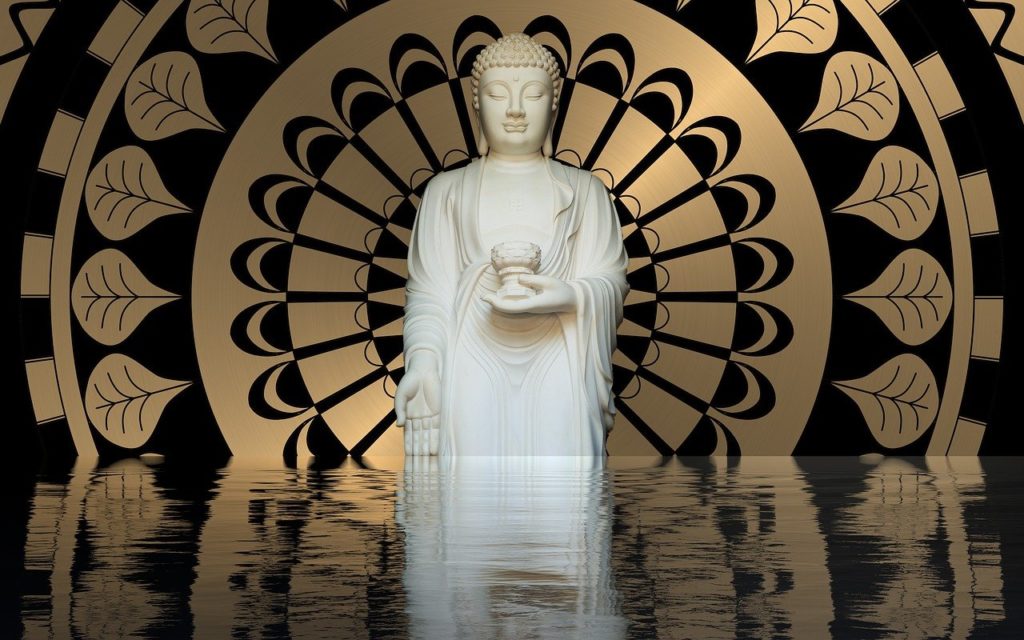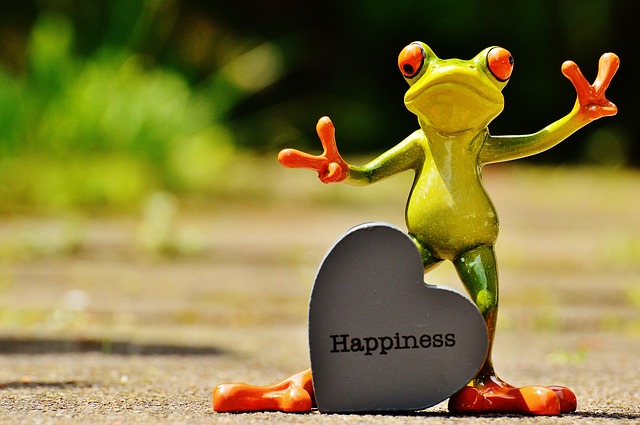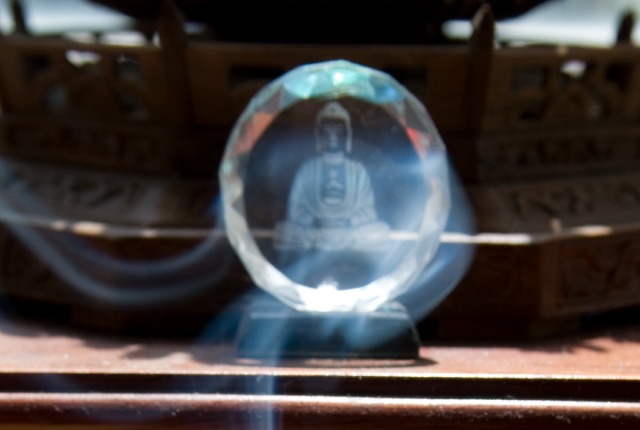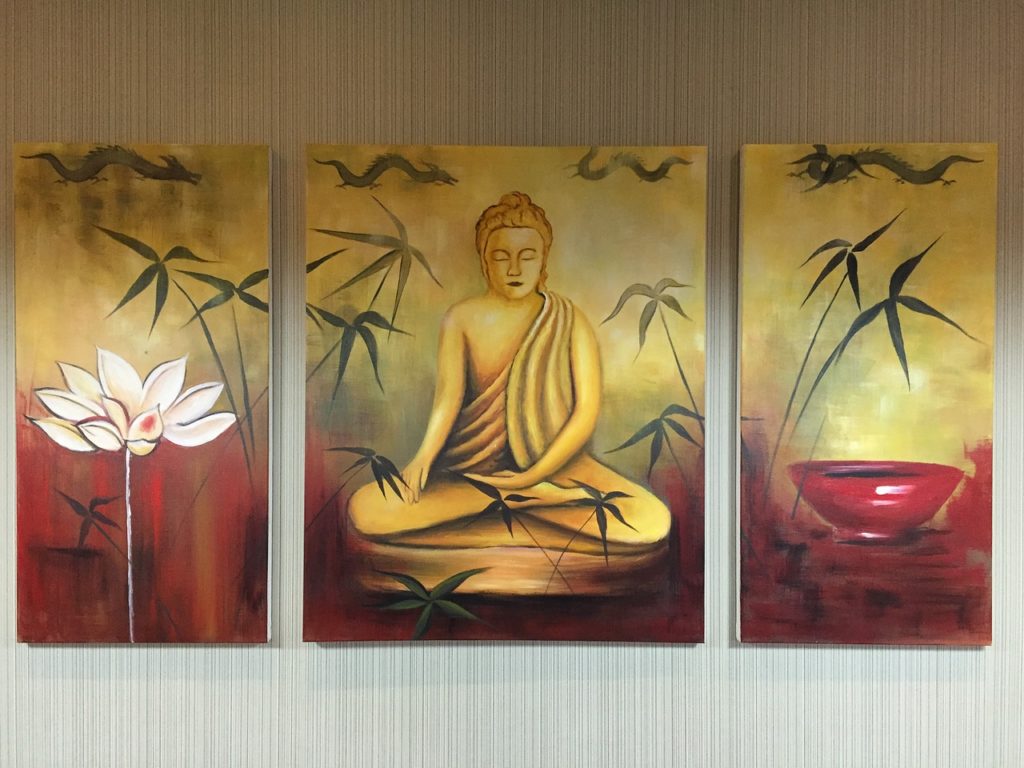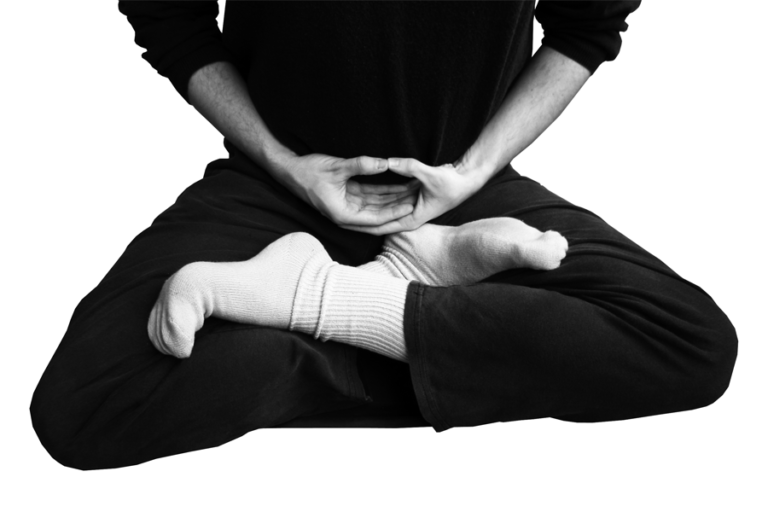
Prajna allows us to truly know how life comes and goes, and it is only with prajna that we can have the strength to face the realities of life. To survive in this world we need both wisdom and power to alleviate our hardships and overcome adverse situations.
Patience gives us both wisdom and strength.
Buddhism speaks of three levels of patience.
The first is patience for life, which is a form of patience that acknowledges that conditions are a part of life. For example, to show up for work, we must get up early to catch the bus, and even if it is unpleasant it is a normal part of life. We must be patient with all kinds of discomfort like traffic jams, cold and heat, lack of sleep, differences of opinion, friendship, enmity, love, and hate. In order to move on with our lives, we must have patience for life.
The next level of patience is called patience for phenomena. Besides just maintaining our existence we must be able to live freely. We must be patient with greed, anger, ignorance, and prejudice by controlling ourselves, persuading ourselves, and changing ourselves. Having patience for phenomena means recognizing that all phenomena arise and cease. With this understanding we can allow the mind to find peace by no longer being affected by this arising and ceasing. Not only should we be unaffected by birth, old age, sickness, death, sadness, distress, fame, fortune, and the vagaries of human emotion, but we should be able to truly acknowledge, handle, and eliminate them.
The third and final level is patience for the non-arising of phenomena. This kind of patience is the highest level of patience and the understanding that phenomena fundamentally do not arise or cease. With patience for the non-arising of phenomena, there is really nothing to be patient or impatient about, since everything is simply just as it is.
When these three levels of patience are taken together, patience for life is the endurance needed to survive in the world, patience for phenomena transforms our consciousness into wisdom with the Buddhist teachings, and patience for the non-arising of phenomena is a state of freedom where we perceive all things as fundamentally neither arising nor ceasing. With this final level of patience, everywhere becomes a Pure Land, and we can be completely free and at ease.
Right now, every group in the world, including academic circles, political circles, religious circles, and others, advocate for peace. However, most of these groups only advocate for peace with an eye towards their own self-interests. This is why we don’t have peace. Only the teachings on non-self, compassion, respect, and tolerance, and especially the equality that comes from prajna (the ultimate wisdom), is up to the challenge.
Without exception, everything that is noble, great, and profound, is based on equality. The sun shines everywhere on the earth equally, the air is for all of us to breathe equally, the flowing waters moisten all things equally, and the earth supports all living beings equally. The Buddha too understood equality, and stated that anyone from the four different castes of India became part of his family when they joined the monastic order. There must be the equality that comes from prajna before there can be any hope of peace for this world, or any ray of light for humanity. Only by laying a foundation of equality will there come a day when peace can truly be realized and not only be an empty slogan.
From For All Living Beings, written by Venerable Master Hsing Yun.
Image from Pixabay.

